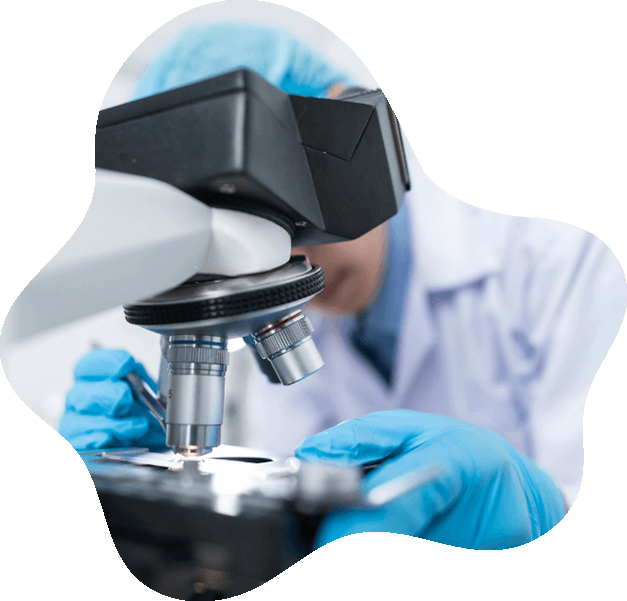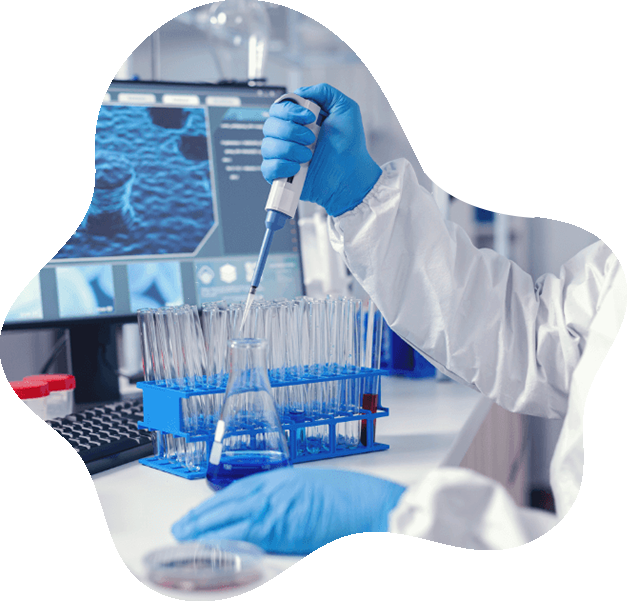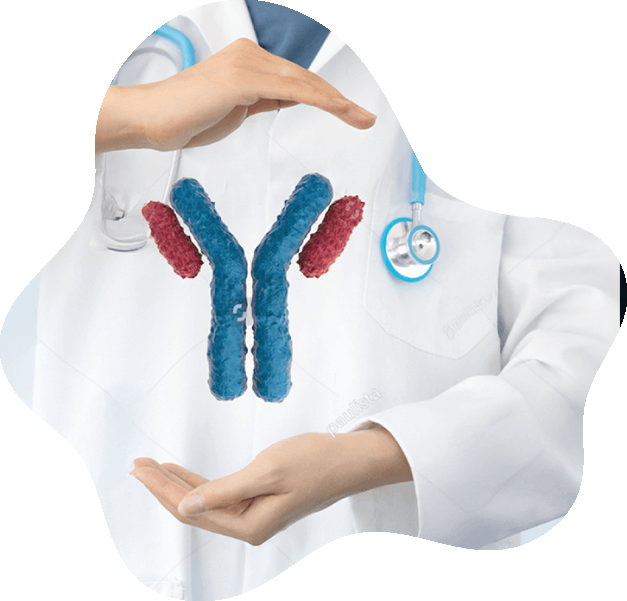Immunology: Defending Against Disease
Immunology explores the body's intricate defence system that shields us from infections, harmful pathogens, and diseases. This science examines how immune cells recognize and neutralise threats like bacteria, viruses, and toxins through
complex responses. Key to immunology is understanding how vaccines work to train the immune system, offering long-lasting protection. It also explores autoimmune conditions, where the immune system mistakenly attacks healthy cells,
and seeks new treatments to regulate such responses. Immunology is at the forefront of medical breakthroughs, from developing cutting-edge therapies for cancer to advancing our knowledge of allergies, immunodeficiencies, and chronic
inflammation. Through this science, we gain critical insights into safeguarding health and combating disease.


 DIAGNOSTICS
DIAGNOSTICS
 RESEARCH
RESEARCH
 MAIL
MAIL









